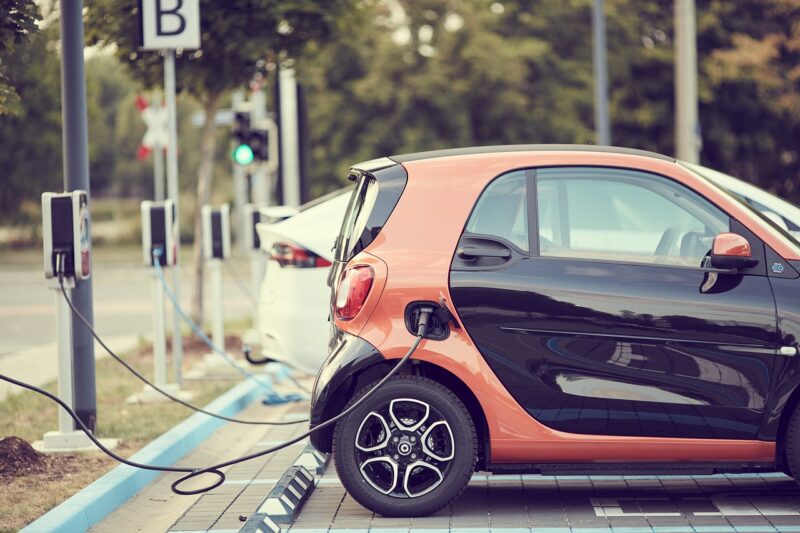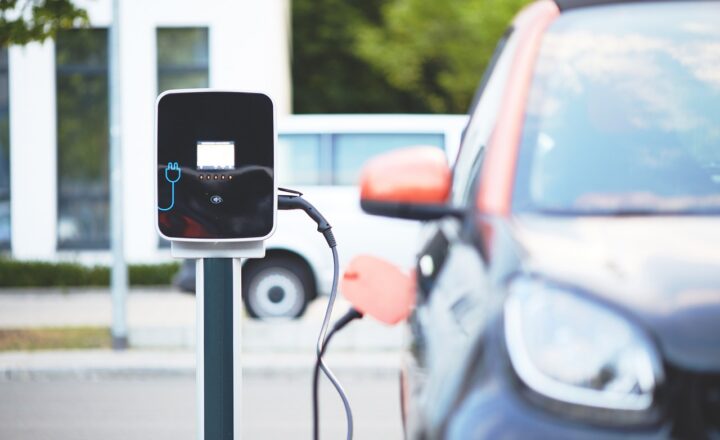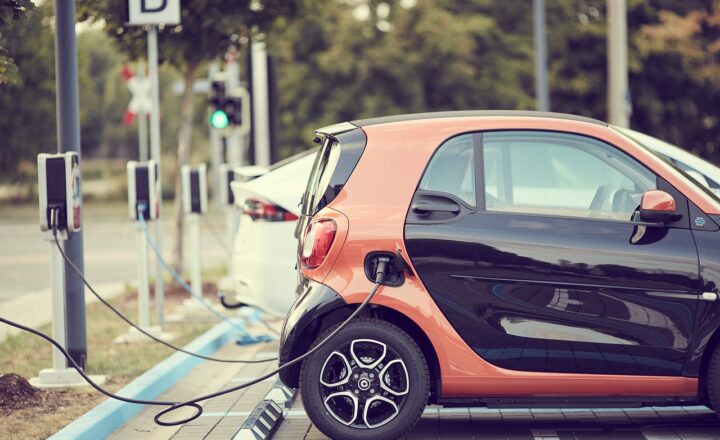The Evolution of Electric Cars and Their Role in a Sustainable Future
November 15, 2024

Electric cars have come a long way since their inception, evolving from distant curiosities to mainstream vehicles that are reshaping the automotive landscape. As global awareness of environmental issues grows, electric vehicles (EVs) have gained momentum as a viable alternative to traditional gasoline-powered cars. This article delves into the fascinating evolution of electric cars and their significant role in fostering a sustainable future.
1. A Brief History of Electric Cars
The journey of electric cars began in the 19th century when innovators experimented with electric powered vehicles. By the late 1800s, electric taxis roamed the streets of New York City, and electric cars gained popularity. However, the advent of the internal combustion engine soon overshadowed electric vehicles, leading to a decline in their use.
Fast forward to the 20th century, and renewed interest in electric vehicles emerged due to the oil crises of the 1970s, which spurred demand for alternatives. However, it wasn’t until the late 1990s and early 2000s, with advancements in battery technology, that electric cars began making a significant comeback.
2. Key Milestones in Electric Car Development
Electric cars have witnessed significant milestones in terms of technology, infrastructure, and acceptance:
- 1990s: The GM EV1: The first mass-produced electric car, the EV1, was launched by General Motors, paving the way for further development of electric technology.
- 2008: The Tesla Roadster: Tesla reinvented the electric vehicle image with the Roadster, proving that electric cars could be desirable and high-performing while also addressing range anxiety with a comprehensive charging network.
- 2010 onwards: Mainstream Adoption: Major automakers such as Nissan, BMW, and Ford began to invest heavily in electric vehicles, producing various models aimed at different market segments, thus expanding consumer awareness and acceptance.
Today, numerous brands offer electric models from compact cars to luxury sedans, each showcasing improved ranges, faster charging capabilities, and advanced technologies.
3. Technological Advancements Fueling the Electric Car Revolution
The evolution of electric vehicles has been facilitated by several cutting-edge technologies:
- Battery Technology: The heart of an electric car lies in its battery. Innovations like lithium-ion and solid-state batteries have significantly improved energy density, reduced cost, and increased the lifespan of electric vehicle batteries. As a result, drivers can travel longer distances without frequent recharging.
- Autonomous Driving: Many electric vehicles are now integrated with advanced driver-assistance systems (ADAS). This not only improves safety but also enhances the overall driving experience, pushing the envelope of what electric cars can do.
- Smart Technology Integration: Connectivity features in electric cars allow for integration with smartphones and smart home devices, enhancing user convenience and experience with functionalities like remote starting and vehicle diagnostics.
These advancements have made electric cars not only a practical choice but an appealing option for tech-savvy consumers, promoting further adoption.
4. Environmental Impact of Electric Cars
Electric cars play a crucial role in combating climate change and reducing urban air pollution. They produce zero tailpipe emissions, significantly lowering greenhouse gas emissions, particularly when charged on renewable energy sources.
Furthermore, the manufacturing process for electric vehicles is becoming more sustainable. Automakers are increasingly using recycled materials and implementing greener manufacturing processes to minimize their environmental footprint.
While EVs are not entirely without environmental impact—especially concerning battery production and disposal—the shift to electric mobility presents a significant opportunity for sustainable advancement and lowers dependence on fossil fuels.
5. The Role of Government Policies and Incentives
Government policies play a pivotal role in supporting the growth of electric vehicles. Incentives such as tax credits, rebates, and grants encourage consumers to opt for electric cars. Additionally, policies promoting the development of charging infrastructure are crucial for reducing range anxiety and making electric vehicles more accessible.
Countries across the globe, including Norway and China, are already demonstrating the impact of robust policies on EV adoption. Norway, for instance, has set ambitious goals to have all new cars sold be zero-emission vehicles by 2025, which has led to over 54% of new car sales being electric in recent years.
6. The Future of Electric Cars and Sustainable Mobility
The future of electric vehicles looks promising. With ongoing research and development focused on improving battery technology, increasing ranges, and enhancing charging infrastructure, electric cars are becoming increasingly viable options for a wider array of consumers. The automotive industry’s shift toward electric mobility promises to reshape not only personal transportation but also public transport and freight systems.
Moreover, the integration of electric vehicles into the smart grid can facilitate better energy management, allowing consumers to sell excess energy back to the grid and use it for personal demand during peak hours. This synergy could lead to a more sustainable and efficient energy framework.
As automakers continue to develop electric models, consumer acceptance and infrastructure growth will further pave the way for a sustainable future powered by electric mobility.
Conclusion
The evolution of electric cars represents a monumental shift not just in automotive technology but also in our approach toward energy and sustainability. With their history of innovation, current technological advancements, and a clear future trajectory, electric vehicles stand at the forefront of the move towards sustainable transport. As acceptance increases and the infrastructural landscape evolves, electric cars will undoubtedly play an essential role in a cleaner and greener future for all.
Electric cars are no longer just an alternative; they are one of the keys to unlocking a sustainable tomorrow.






